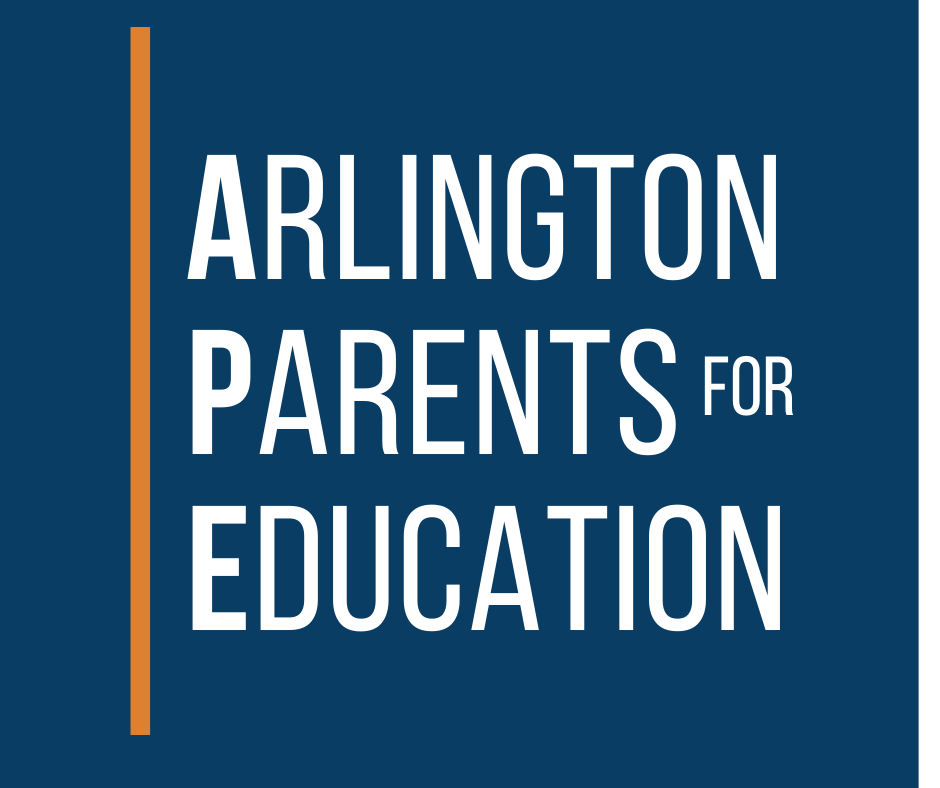Report // August 2022
Reflections from Two Years of Watching Arlington School Board Meetings
Key Takeaways
After two years of watching the APS School Board meetings, and a year of summarizing those meetings and tracking the time spent, we offer the following observations.
Usage of time gives short shrift to key issues of learning loss and academic excellence.
Board spent less than 2% of time addressing learning loss;
Board devoted only 8% of time to academic issues;
Board spent twice as much time on facilities as academics.
Extensive literature identifies four key elements for successful and effective School Boards
Vision with Focus on Student Achievement: APS academic objectives - that elementary and middle school students make one year’s worth of progress each year, and that opportunity gaps are reduced – do not set concrete or ambitious goals, particularly compared to other local districts or even the standard set by past APS Boards.
Using Data: Successful school Boards gather data and use it to inform decisions. APS’ adoption of student dashboards is a positive step, but there is a lot more data available, and the Board should be driving the collection and use of that data. Further, the Board needs to monitor and use that data regularly with a focus on academic achievement in order to help drive APS student achievement.
Transparency: Successful school boards are transparent. This includes frank debates during Board meetings and avoiding the perception of working behind closed doors. The APS Board should ask more challenging questions of the APS administration, and should avoid actions that may appear to skirt FOIA and Open Meeting requirements.
Community Engagement: The APS Board’s current engagement practices–including one-way 5-minute office hour meetings, 2-minute public comment to which no response is received, and non-responses to letters, falls short of best practice community engagement.
